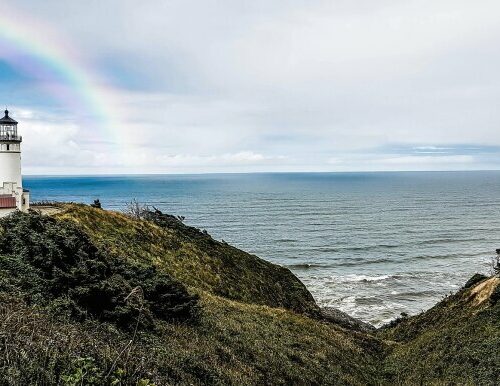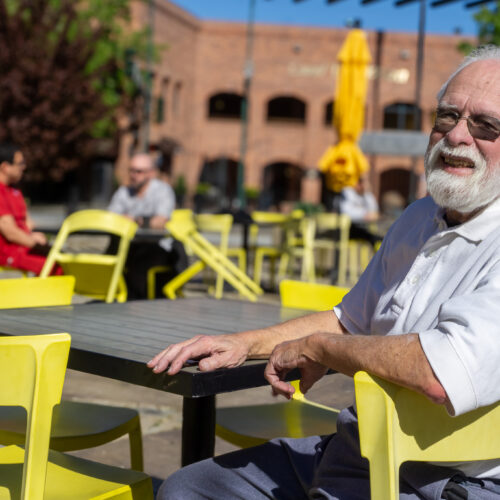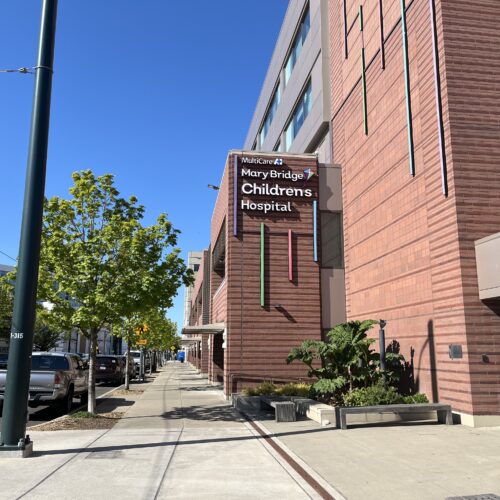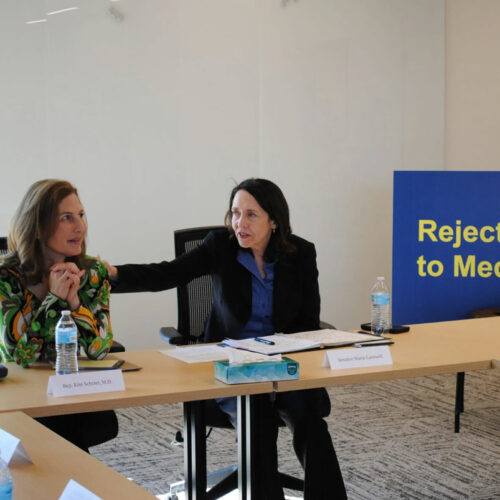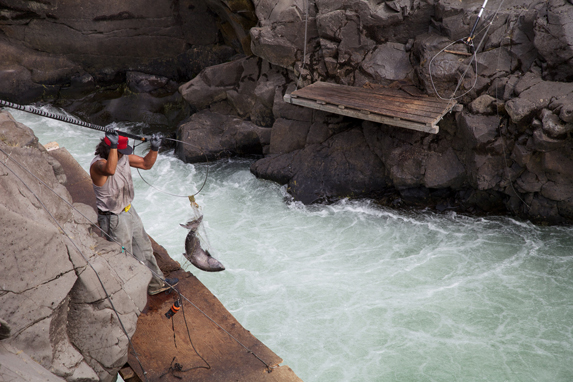
Fish hatchery transferred to Yakama Nation, upgrades underway
Listen
(Runtime 0:57)
Read
A fish hatchery on the Klickitat River has been returned to the Yakama Nation. The Washington Department of Fish and Wildlife officially gave the nation ownership of the hatchery, which the Yakama Nation has been leading since 2006.
The Yakama Nation said it plans to modernize the Klickitat Hatchery in south-central Washington. The plans include updating the existing fish ladder and building adult spawning facilities.
“With this ownership, it also ensures that we can take the next steps to modernize and make the fixes to the facilities and the programs we’re trying to implement that will make sure we have salmon for our people,” said Phil Rigdon, the Yakama Nation Department of Natural Resources superintendent, in a news release.
The Bonneville Power Administration said it plans to invest around $35 million into the renovations, as part of mitigation efforts to lessen harms caused by the federal hydropower systems on the Columbia River. That could help release 200,000 more spring chinook each year into the Klickitat River, according to BPA.
“BPA is funding the upgrades to enable the Yakama (Nation) to move from exclusively using hatchery-raised fish for broodstock to incorporate natural-origin broodstock,” said Jason Sweet, executive manager of BPA’s fish and wildlife program, in a news release. “By integrating natural origin broodstock, we expect to see greater fitness, production and survival of these salmonids.”
The construction project, which began in October 2024, is expected to be completed in June 2026.
Fish only navigate one dam on the Klickitat River, which Rigdon said means this hatchery could greatly help salmon runs on the river.
“It’s also one of the few places where our people still traditionally fish with scaffolds and use dip nets and those kinds of things. And it’s exciting to see that much of that work,” he said at a recent Rise Up Northwest in Unity Convening, an event that focused on salmon restoration.


